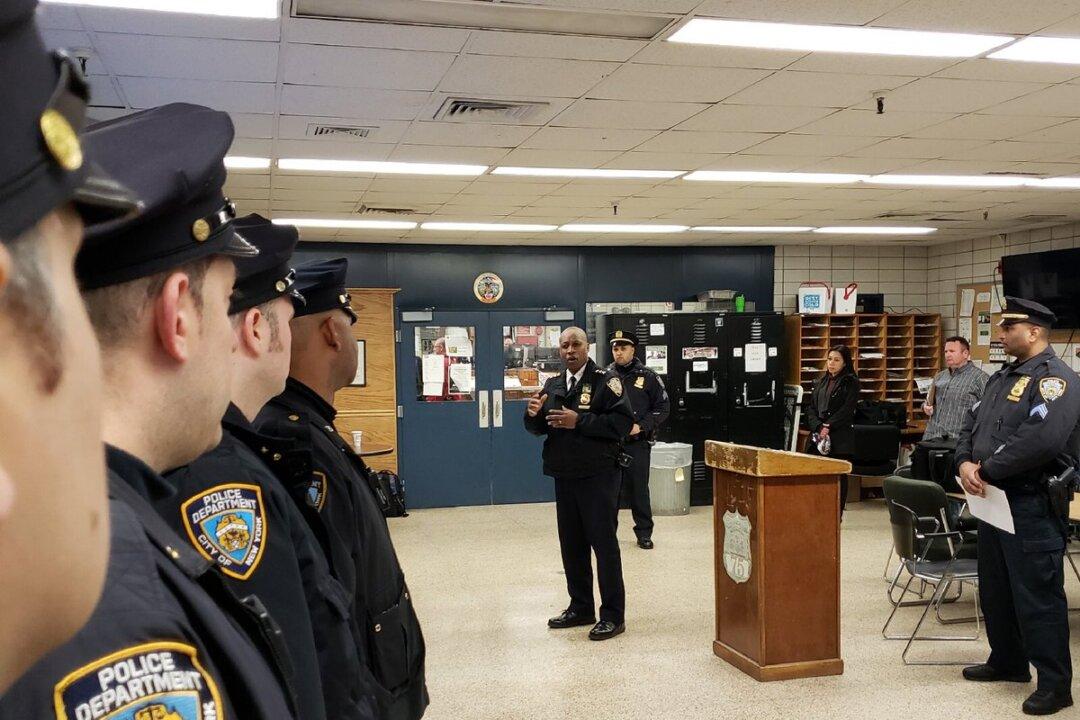In my article titled “Sanctuary Profaned: Protecting Houses of Worship” for the April 10, 2015 edition of the Epoch Times, I argued that places once considered sanctuary now demand state-of-the-art security.
The article highlighted sobering headlines depicting violent incidents in houses of worship. It also cited details from an FBI report of active shooter attacks throughout the United States.
Horrific hate crimes, domestic violence spilling over into houses of worship, murder, and acts of terrorism were also addressed.
The recommendations presented in the article remain relevant, as acts of violence continue in houses of worship. The possibility for a major terror attack at houses of worship exists.
Vigilance must be the order of each day and sound security principles must be continually enhanced.
These include defense-in-depth, target hardening, awareness and prevention training, board certified security vulnerability assessments, private-public partnerships, drills, updated emergency plans, threat assessment teams, and certified security personal.
Houses of Worship: The Violence Continues
Just this week, there were headlines reminding America that violence at houses of worship continues. In one incident, a Roman Catholic auxiliary bishop was punched in the face while praying in the sanctuary. This incident occurred as over 100 congregants were at a Memorial Mass he presided over.
The assault against the Most Reverend Manuel A. Cruz, 63 years-old, sent him to the hospital.
Although his injuries were minor, the incident shed light on the unpredictability of violence against anyone, including religious leaders, in places considered sacrosanct.
There was an immediate apprehension of the assailant by law enforcement assigned to the Cathedral Basilica of the Sacred Heart in Newark, New Jersey. But the incident is a stark example of the importance of security at houses of worship. Security should seriously consider a law enforcement presence, especially at iconic locations and also during large assemblies.
In a much more horrific incident this past week, six people were shot dead, and another six people injured at a mosque in Quebec.
The incident took place at the Quebec Islamic Cultural Center and is being investigated as an act of terror.
Although in Canada, the incident must remind America of the critical responsibility of vigilance in our places of worship.
The Jan. 10, 2017 death sentence of a white supremacist for the June 17, 2015 murders of nine black parishioners at a Bible class also took place this week. The senseless tragedy is still another reminder that must ignite resolve in our efforts to enhance security in houses of worship.
Houses of Worship: Security Practices
A U.S. Department of Homeland Security document titled “Houses of Worship Security Practices Guide” released in May, 2013 deserves attention.
The document notes that there are approximately 345,000 religious congregations in America. These consist of about 150 million members from more than 230 denominational groups.
The guide stresses that the first step to developing a comprehensive plan for a religious facility is to identify the threats and vulnerabilities.
According to the guide, the threats include natural hazards, accidents, targeted violence, improvised explosive devices (IED’s), vehicle-borne explosive devices (VBIED’s), arson, chemical or biological attacks, assassination, or kidnapping.
The guide continues with the importance of having a threat assessment team comprised with a combination of facility personnel, members involved with services, mental health professionals, and emergency responders.
This document is outstanding and should be a resource for training staff and enhancing security measures.
The guide also includes details on prevention, protection, mitigation, preparedness, and recovery.
Final Reflections
Although houses of worship must have a welcoming and serene environment, this must always be balanced with sound security measures.
It is a different world and not making efforts to enhance security in houses of worship is naïve, irresponsible, and irrational.
Our houses of worship are sacred places of prayer where we exercise our constitutional and human right to pray.
But we must be realistic, blending the spiritual with the practical, and do everything possible to protect our houses of worship.
All who seek solace, peace, and community within the hallowed halls of our houses of worship deserve our leadership, vigilance, and commitment to protect them.
Vincent J. Bove, CPP, is a national speaker and author on issues critical to America. Bove is a recipient of the FBI Director’s Community Leadership Award for combating crime and violence and is a former confidant of the New York Yankees. His newest book is “Listen to Their Cries.” For more information, see www.vincentbove.com





